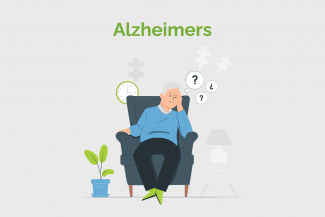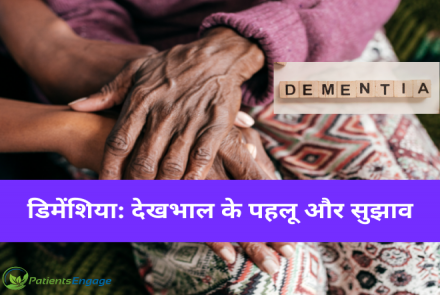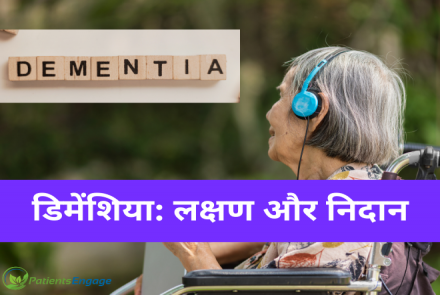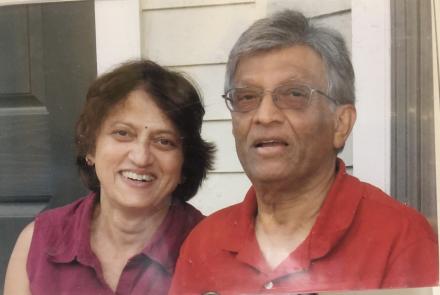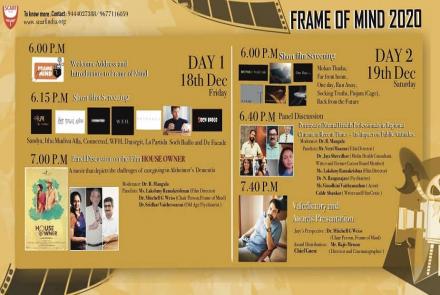
How can you keep the patient well:
Creating a safe and supportive environment: You may need to modify the home depending on the needs of the patient. This may include locking doors (if the patient is prone to wandering), installing gates in front of stairs to prevent falls, removing rugs or other objects that one could trip over, use of bright lighting or labelling the kitchen or the bathroom to reduce confusion for the patient.
Regular exercise: This has known benefits for heart health and may also help prevent cognitive decline. Exercise may also help improve mood.
Nutrition:
- A diet low in fat and rich in fruits and vegetables is a heart-healthy choice that may also help protect cognitive health. Many of the factors that increase risk of heart disease also increase risk of Alzheimer’s disease.
- Include Omega-3 fatty acids - Most research showing a possible benefit for cognitive health uses fish consumption as a yardstick for the amount of omega-3 fatty acids eaten.
- High-calorie healthy shakes and smoothies: You can supplement milkshakes with protein powders or make smoothies featuring your favorite ingredients. People with Alzheimer’s may feel less hungry and thirsty so it helps to offer more nutritious and high-calorie drinks.
- Water, juice and other healthy beverages: Try to ensure that a person with Alzheimer's drinks at least several full glasses of liquids every day. Avoid beverages with caffeine, which can increase restlessness, interfere with sleep and trigger frequent need to urinate.
Social engagement and intellectual stimulation make life more satisfying and help preserve mental function.
Your support team: Whom to consult?
Your health care team may include:
- Neurologist
- Geriatric Care Specialist
- Psychologists – for emotional support
- Nutritionist

